Source:
umagazine
What kind of students do we need in the 21st century?
Today, many college students are not content with being ensconced in their ivory towers, passively soaking up knowledge in the classroom. They yearn to experience the world outside the campus and give back to society.
More and more universities have also realised the important role of community service in education. Creating opportunities for students to give back to society as volunteers so they can grow and learn how to deal with setbacks and challenges has not only become an integral part of education outside the classroom, but is considered one of the best ways to help students realise personal development.
Every year at the University of Macau (UM), some students travel abroad to work as volunteers, helping people in different countries, while a group of Service Leaders contribute to the local community by visiting social welfare organisations such as nursing homes.
Love Is Continuous Giving–Service Leader Programme at UM
The Service Leaders are participants in the Service Leader Programme (SLP), which is organised by UM’s Student Counselling and Development Section.
At the Service Fair 2014 organised by the Student Affairs Office in April, the booths of the nine social welfare organisations were swarming with interested students. The first group of 16 Service Leaders was also inaugurated at the fair.
Chui Sin I, a first-year student from the Faculty of Business Administration, is one of them. She is mainly responsible for PR-related work. An outgoing, extraverted young woman, she chooses to spend her free time serving the community instead of having fun like many other students for a simple reason—helping others through volunteer work has been her dream since childhood, and she believes making others happy is a reward in itself. Chui started participating in volunteer activities when she was in primary school, but had to stop later because of school work. It was not until she began studying at UM, with more free time at her disposal, that she was able to dedicate herself to volunteer work in earnest.
Like Chui, Jia Xiaojun, a first-year postgraduate student of European studies, also has a long history of participating in volunteer work. Helping others has made him more keenly aware of how life is a precious gift to be cherished. He hopes to help more people experience the joys of life, and this is what motivates him to do volunteer work.
As the current president of SLP, Jia has developed an organisational structure in collaboration with the other members. Now they are planning for future activities.
SLP Values Continuity
In addition to mobilising volunteers, SLP also values continuity of charity activities. Jia says that because most charity activities are done on a one-time basis, they tend to give the impression that the organisers are just “putting on a show”. SLP aims for continuity. Participants hope to establish a series of activity plans that are tailor-made to suit the needs of those they serve.
Take the volunteer activities at the Our Lady of Mercy Home for the Elderly in April. Instead of a one-day event, the activities lasted an entire month. Every day, volunteers talked to the residents, played games with them, and provided services, in an effort to make them feel loved and cared about. Even after the end of the month, volunteers still kept in touch with the residents and provided services when needed.
Though new to organising this kind of activity, everyone gave their best effort. Foreseeing that they might encounter difficulty communicating with seniors and engaging them in games, they visited the elderly home in advance and consulted social workers there to learn how best to communicate with the residents. They also invited experienced social workers to provide onsite guidance and handle unexpected situations.
Currently SLP members are seeking opportunities to work with major nongovernmental organisations (NGOs) in Macao. If their efforts are successful, future activities may be sponsored and organised by the NGOs, with SLP responsible for recruiting volunteers. Jia is full of hopes for SLP’s future, saying that community service should not be a one-time event and hoping that SLP will continue in the years to come.
Those Days as a Volunteer in Kenya
In August 2013, more than 30 students went to different countries of their choice, including Russia, Egypt, Malaysia, Pakistan, Lebanon, and Kenya, to work as volunteers, through a 1.5 month overseas volunteer programme organised by AIESEC UM [editor’s note: AIESEC is short for “Association Internationale des Etudiants en Sciences Economiques et Commerciales”]. Du Yue chose Kenya, where she eventually volunteered in the Kibera Slum.
The Kibera Slum in Nairobi, Kenya, with a size of 2.5 square kilometres, is the second largest slum in Africa. It has a population of between 600,000 and 1.2 million, which is more than twice the population of Macao.
Before she left Macao, Du was afraid and hesitant, worrying about everything from diseases to security. Like many people who don’t know much about Africa, she was worried about the harsh living conditions. But all her worries vanished the moment she set foot in Africa, and what went through her mind was, “looks like it’s not true that Africa doesn’t have anything.”
At first Du was assigned to work at a spinal cord injury hospital in Kenya, but there were already too many volunteers there. So she contacted some local volunteers and from the options they provided she chose to go to the Kibera Slum to educate residents, make videos, and organise art exhibitions. Built on waste and trash, the Kibera Slum is extremely polluted, smelly and dangerous. Security is very bad—volunteers often had their backpacks stolen.
Trust is the greatest challenge Du experienced in the Kibera Slum. Even volunteers and those working in the local embassy advised her not to trust Kenyan people. But she found from her own experience that many locals were actually very nice; they would take the volunteers to visit the slum and provide all sorts of information. Du found that if she trusted others, they treated her like a friend.
Everywhere in the Kibera Slum, Du met cheerful, hospitable Kenyan people. Despite the extremely harsh living conditions, they never gave up their dreams to travel around the world, to make money, to open a company… “Although these dreams are very hard to realise, they never give up, and I was deeply humbled by that kind of spirit.”
Before her trip to Kenya, Du thought what Kenyan people needed was just material support. It was not until she lived with the locals on a daily basis that she realised that they longed to be in contact with the outside world, to have access to information, and to have emotional support. What Kenyan people need the most, Du realised after her trip, is for the outside world to forget that they are the disadvantaged group, and to respect and care about them as fellow human beings.
Du is genuinely passionate about causes that advance social welfare. She is even planning to pursue a career in the field. In 2012 she was admitted to the Department of Sociology at UM. Later she found what she was learning might not be relevant to what she was planning to do in the future, so she transferred to the Department of Portuguese. Her goal is very clear: learn Portuguese well and try to join one of the nongovernmental organisations in Brazil or Portuguese-speaking countries in Africa to work in a language-related position.
Ever since she joined AIESEC UM last year, Du has not only participated in the summer programme, but has also served as the head of the overseas exchange department of the programme to help more volunteers who wish to challenge themselves and know more about the world to realise their dreams. She believes the overseas volunteer programme offers not just a trip, but a valuable opportunity to learn, to help those in need, to show the goodwill of the Chinese people to the world, and to help more people know more about China.
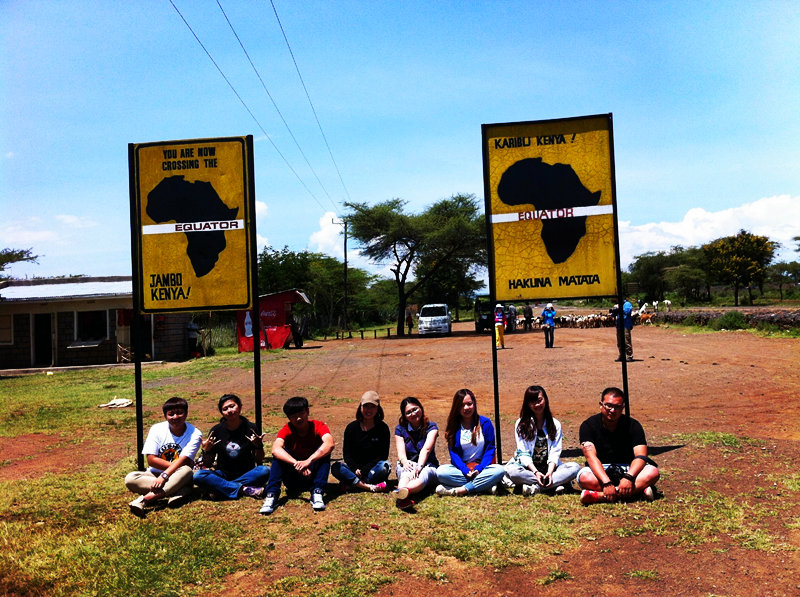
UM student Du Yue with the other volunteers at the equator line
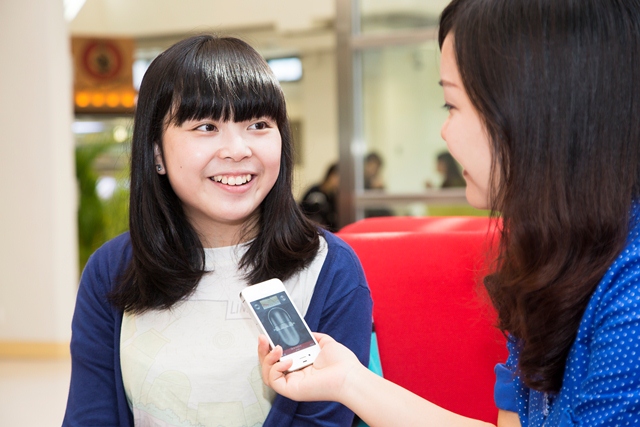
Student Chui Sin I
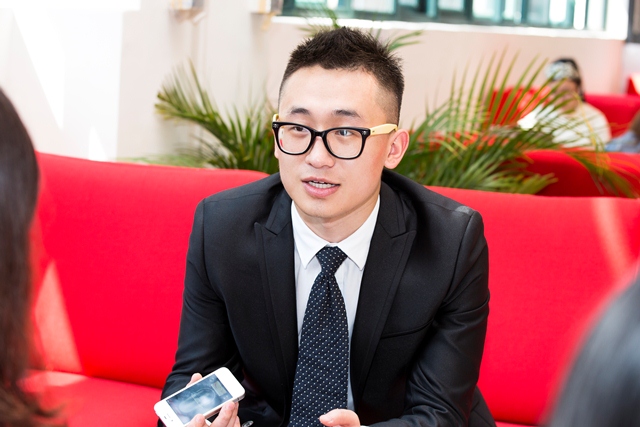
President of the Service Leader Programme Jia Xiaojun

Student Du Yue
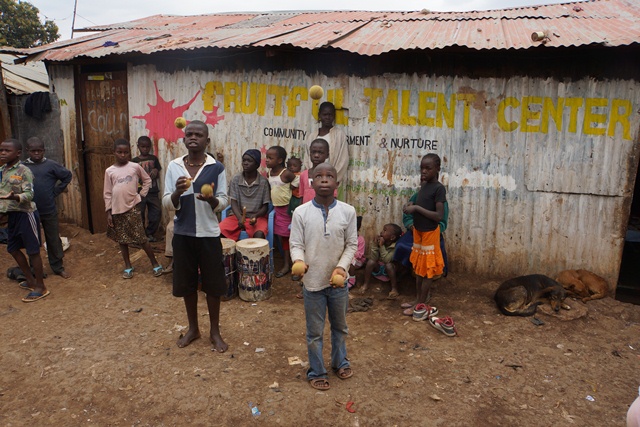
Students from an orphans' school in the Kibera Slum perform juggling to keep the school afloat
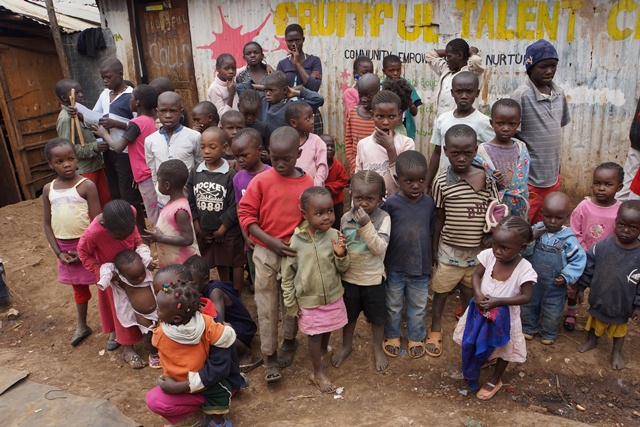
Children at an orphans’ school in the Kibera Slum in Nairobi
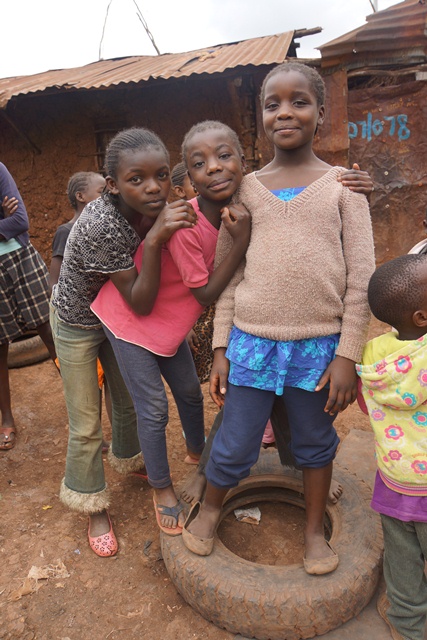
Kenya
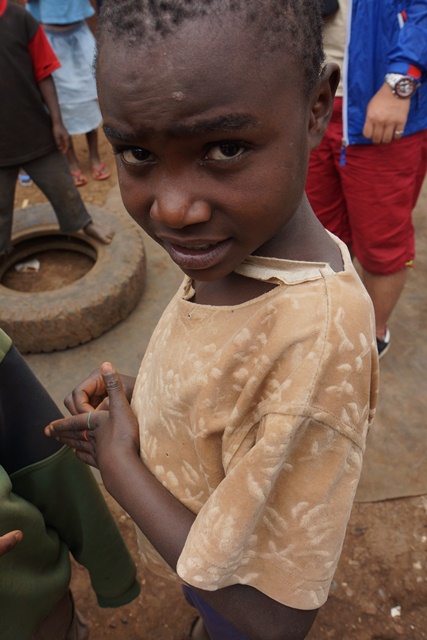
Cheerful
